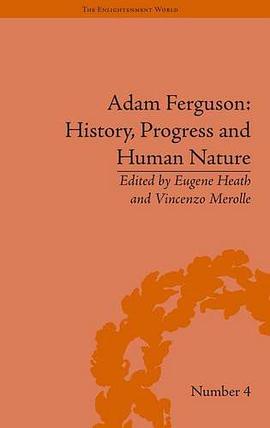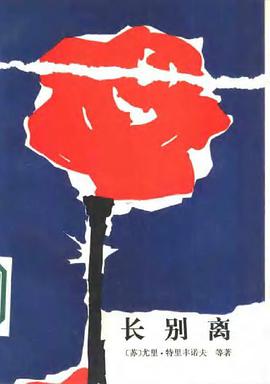

具体描述
The Holocaust is frequently depicted in isolation by its historians. Some of them believe that to place it in any kind of comparative context risks diminishing its uniqueness and even detracts from the enormity of the Nazi crime. In reality, such a restricted understanding of 'uniqueness' has pulled the Holocaust apart from history and set up barriers to a better understanding of the racial onslaught unleashed within the Third Reich and its conquered territories. Working against the grain of much earlier writing, this innovative new history combines a detailed re-appraisal of the development of the genocide of the Jews, a full consideration of Nazi policies against other population groups, and a comparative analysis of other modern genocides. The Holocaust is portrayed as the culmination of a much wider history of European genocide and ethnic cleansing, from the late nineteenth century onwards. Ultimately, Bloxham shows that an explanation for the Holocaust rooted exclusively in Nazism and antisemitism is inadequate when set against one that is both prepared to give due weight to the immediate circumstances of the Second World War in eastern Europe and to situate the Jewish genocide within the broader patterns of human behaviour in the late-modern world.
作者简介
目录信息
读后感
评分
评分
评分
评分
用户评价
相关图书
本站所有内容均为互联网搜索引擎提供的公开搜索信息,本站不存储任何数据与内容,任何内容与数据均与本站无关,如有需要请联系相关搜索引擎包括但不限于百度,google,bing,sogou 等
© 2026 book.wenda123.org All Rights Reserved. 图书目录大全 版权所有




















